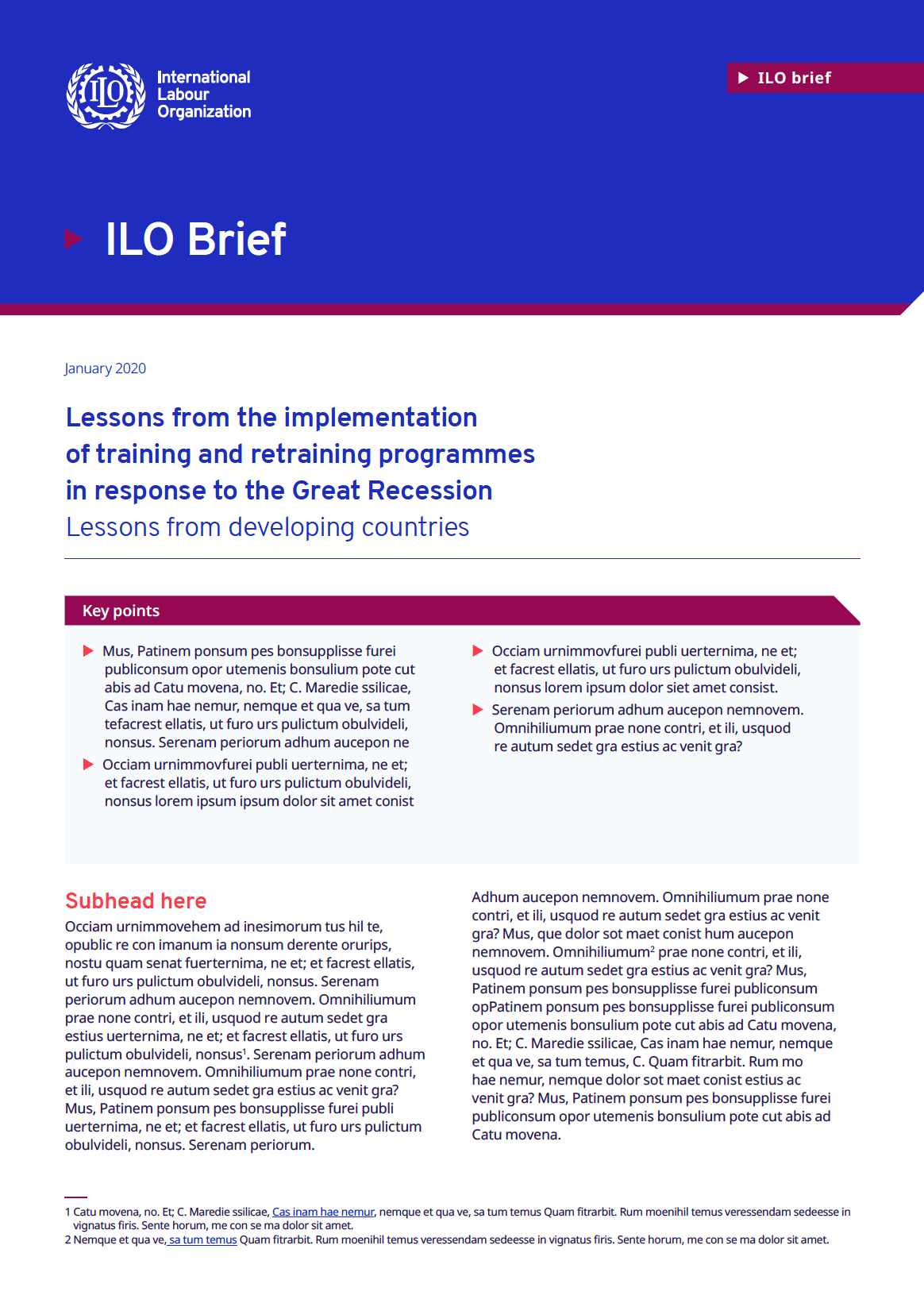How are young graduates settling into the labour market?
The transition from tertiary education to work involves substantial uncertainty and changes between education programmes, jobs and industries. The current major disruption in the labour market is only going to increase this uncertainty, making it essential for graduates to be prepared for it. Graduates with more dynamic career trajectories are more likely to include interpersonal skills in their professional profiles. This confirms the need for higher education institutions to pursue their efforts to develop a comprehensive skill set for their graduates, including technical skills and also interpersonal skills.




